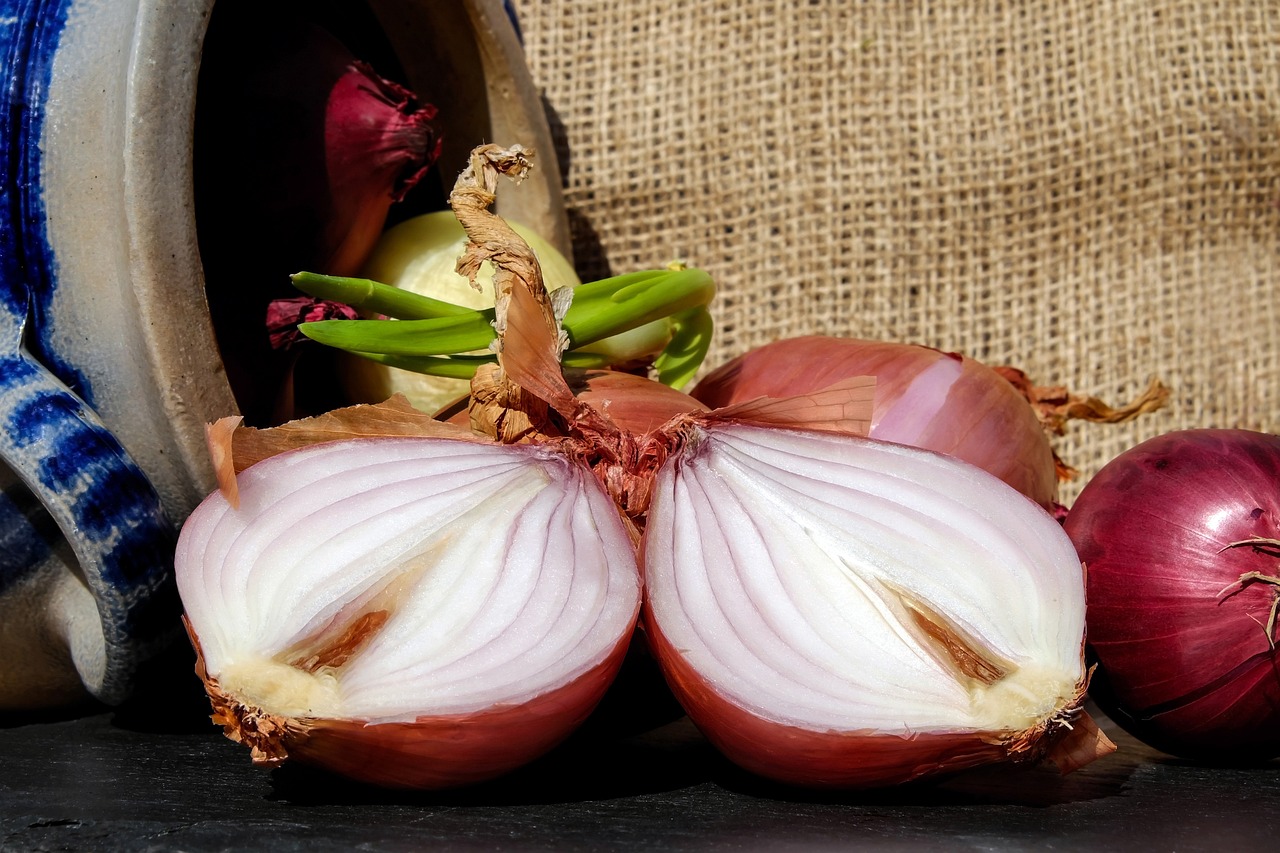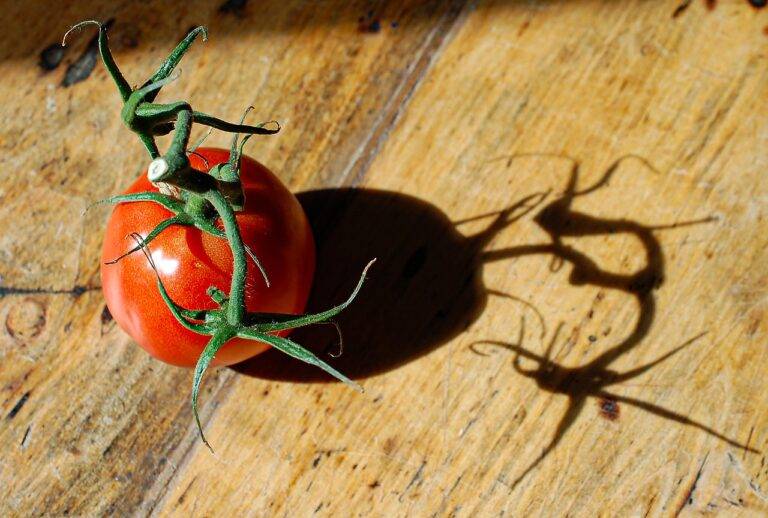The Role of Food in Cultural Preservation: Safeguarding Culinary Heritage
Food plays a crucial role in preserving cultural identity by serving as a tangible embodiment of traditions and heritage. The unique flavors, ingredients, and preparation methods passed down through generations reflect the history and values of a particular community or society. Traditional dishes connect individuals to their roots and provide a sense of belonging and pride in one’s cultural heritage.
Moreover, sharing meals with family and community members fosters a sense of unity and collective identity. The act of preparing and enjoying food together creates opportunities for storytelling, sharing memories, and passing on cultural knowledge. Food rituals and customs associated with special occasions further reinforce the bond between individuals and their cultural heritage, contributing to the preservation and celebration of diverse traditions.
Exploring the Historical Significance of Traditional Cuisine
Traditional cuisine holds a profound historical significance as it encapsulates the unique flavors, cooking methods, and ingredients passed down through generations. This culinary heritage serves as a reflection of a community’s shared history, traditions, and values, offering a glimpse into the past through the art of food preparation and consumption.
Moreover, traditional cuisine not only represents a region’s historical roots but also its cultural identity. From the use of indigenous spices to specific cooking techniques, traditional dishes carry the essence of a culture, serving as a tangible link to the customs and rituals that have shaped a community over time. Through the preservation and celebration of traditional cuisine, individuals can maintain a sense of connection to their heritage and honor the culinary practices that have endured for centuries.
Why is traditional cuisine important in preserving cultural identity?
Traditional cuisine is important in preserving cultural identity because it reflects the history, values, and beliefs of a particular culture. It serves as a connection to the past and helps to pass down traditions from generation to generation.
How does food play a role in historical significance?
Food plays a significant role in history as it can reveal insights into a culture’s economy, social structure, and trade routes. The ingredients and cooking techniques used in traditional cuisine can provide valuable information about a society’s development over time.
What are some examples of traditional dishes with historical significance?
Examples of traditional dishes with historical significance include pasta in Italy, sushi in Japan, curry in India, and barbecue in the United States. These dishes have deep roots in their respective cultures and have evolved over centuries to become iconic representations of their culinary heritage.
How can individuals learn more about the historical significance of traditional cuisine?
Individuals can learn more about the historical significance of traditional cuisine by researching the origins of specific dishes, visiting museums or cultural centers dedicated to food history, and participating in cooking classes or food tours that focus on traditional recipes and techniques.





